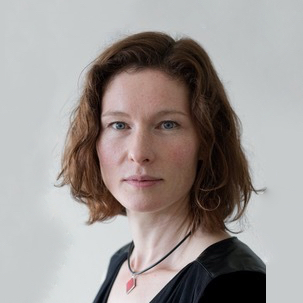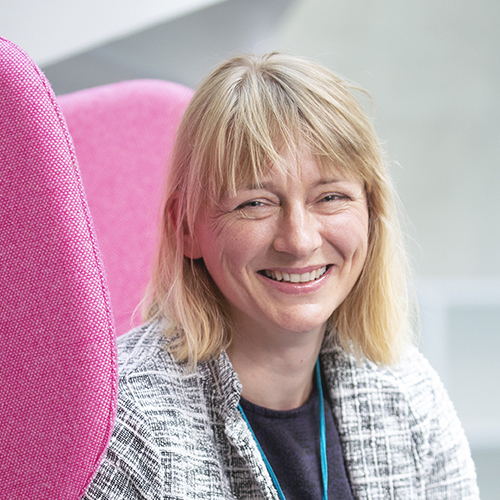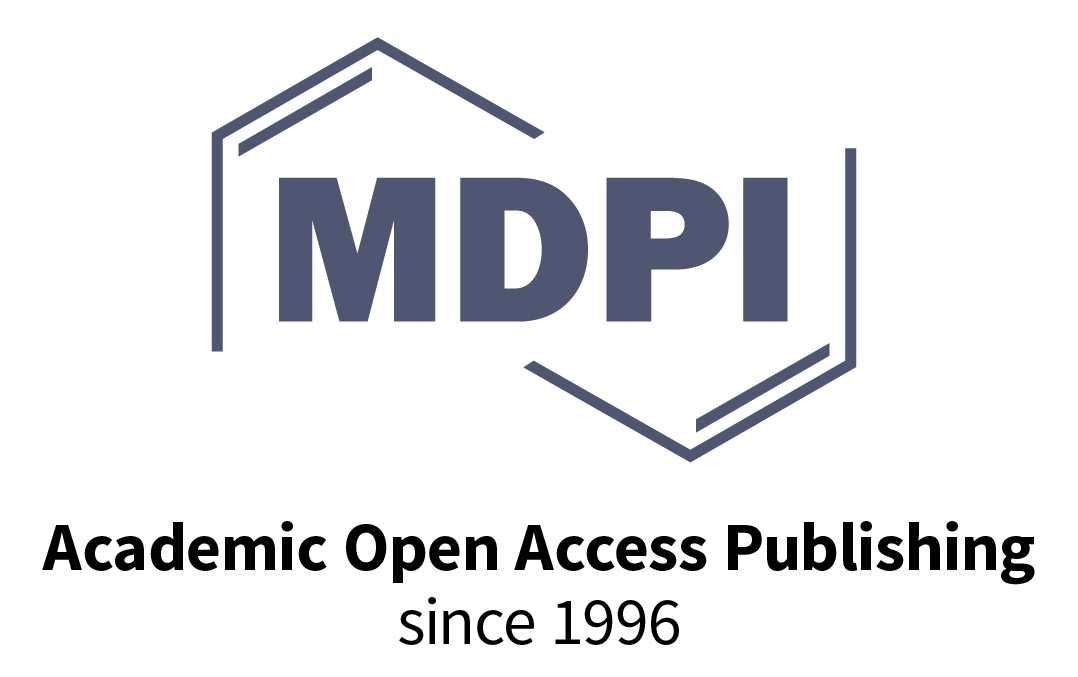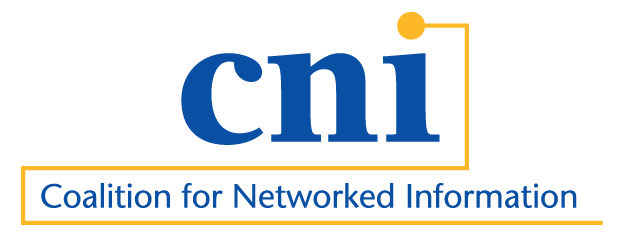News 
BEST PAPER AWARD: CORE-GPT: Combining Open Access research and large language models for credible, trustworthy question answering. • (full) David Pride (The Open University); Matteo Cancellieri (The Open University); Petr Knoth (Knowledge Media institute, The Open University)
BEST STUDENT PAPER AWARD: How to Cite a Web Ranking and Make it FAIR • (full) Alessandro Lotta (University of Padua); Gianmaria Silvello (University of Padova)
About The Conference
The International Conference on Theory and Practice of Digital Libraries (TPDL) is a yearly date for researchers on Digital Libraries and related topics. For over twenty-five years TPDL has been an international reference forum focused on digital libraries and associated technical, practical, and social issues. TPDL encompasses the many meanings of the term “digital libraries”, including new forms of information institutions; operational information systems with all manner of digital content; new means of selecting, collecting, organizing, and distributing digital content; and theoretical models of information media, including document genres and electronic publishing. Digital libraries may be viewed as a new form of information institution or as an extension of the services libraries currently provide. Representatives from academia, government, industry, research communities, research infrastructures, and others are invited to participate in this annual conference. The conference draws from a broad and multidisciplinary array of research areas including computer science, information science, librarianship, archival science and practice, museum studies and practice, technology, social sciences, cultural heritage and humanities, and scientific communities. This year its focus is on bridging the wide field of Research and Information Science with the related field of Digital Libraries. Indeed, TPDL historically approached on “Digital libraries” embracing the field at large also comprehending three key areas of interest that can be synthesized as scholarly communication (e.g. research data, research software, digital experiments, digital libraries), e-science/computationally-intense research (e.g. scientific workflows, Virtual Research Environments, reproducibility) and library, archive and information science (e.g. governance, policies, open access, open science). This emphasises TPDL’s role over the last 25 years as a forum that brings together researchers and practitioners whose work intersects with Digital Libraries. Regardless of how your work connects with Digital Libraries, we invite you to participate.
The conference is organized in two tracks:
Keynotes
Laura Hollink
CWI - Centrum Wiskunde & Informatica (Amsterdam)
Title
Responsible AI & GLAM: challenges and opportunities
Date
27 September 2023
Abstract
AI is being used in the GLAM sector for a wide range of tasks such as recommendation, classification, tagging, handwriting recognition, OCR, etc. While the benefits of AI for the sector are clearly visible, there are also valid concerns regarding fairness and bias. Responsible AI is a hot topic in the AI research community, resulting in a large number of fairness metrics and bias mitigation strategies. This keynote will address the specific opportunities and challenges that arise when aiming for Responsible AI in the GLAM sector. Firstly, we will discus differences in fairness goals between the GLAM sector and other sectors. Secondly, we show how the availability of data - or lack thereof - has largely determined the research directions in the field of Responsible AI. Data curation as done in GLAM may be a way forward. Finally, in the GLAM sector, bias may be engrained in collections and/or metadata. An example from the Dutch GLAM sector is the colonial perspective often found in historic collections. This type of bias is hard to address. We show how the AI and GLAM communities may collaborate to measure and mitigate this type of bias.
Beatrice Alex
University of Edinburgh
Title
AI language technologies and digital collections: the need for interdisciplinary communication and co-design
Date
28 September 2023
Abstract
How can we invite AI into the archive? The majority of language technology development in my group is highly interdisciplinary working directly with domain experts and users. This keynote will showcase two Digital Humanities research projects in which we used natural language processing for conducting Scottish Gaelic handwriting recognition of written descriptions of a sound archive and for detecting bias in an archival catalogue. Both projects have specifically focussed on the data creation and digitisation processes or on the product and presentation of collection documentation. AI should be invited into the archives as it can be extremely useful to make advancements in these areas. However, continuous conversation and co-design between computer scientists, archivists, cataloguers and language experts are required to succeed in this work. I will provide some insights into the successes and challenges we faced in our work, and what is needed to create AI language technologies that can work with the uncertainties and complexities of heritage datasets.
Organization
General Chair
-
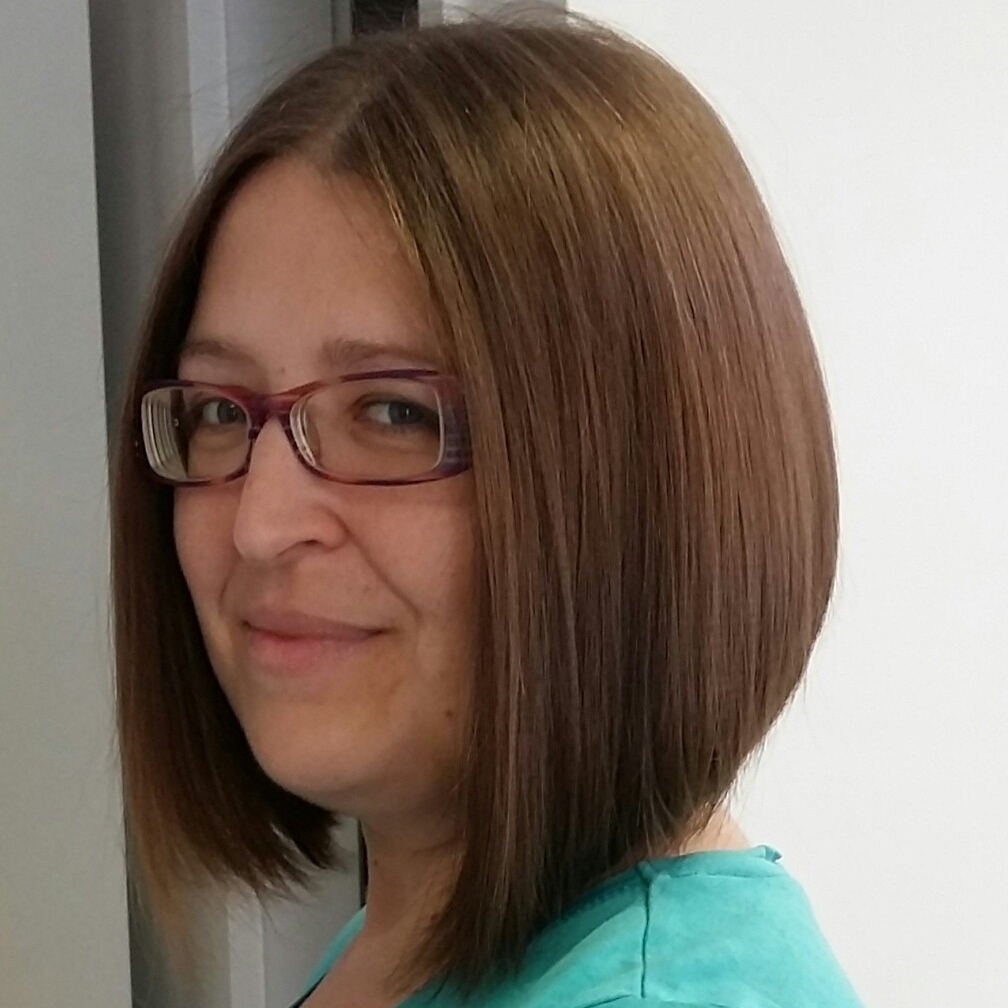
Drahomira Cupar, University of Zadar, Croatia
Program Chairs
-

Omar Alonso, Amazon, USA -

Helena Cousijn, DataCite, Germany -
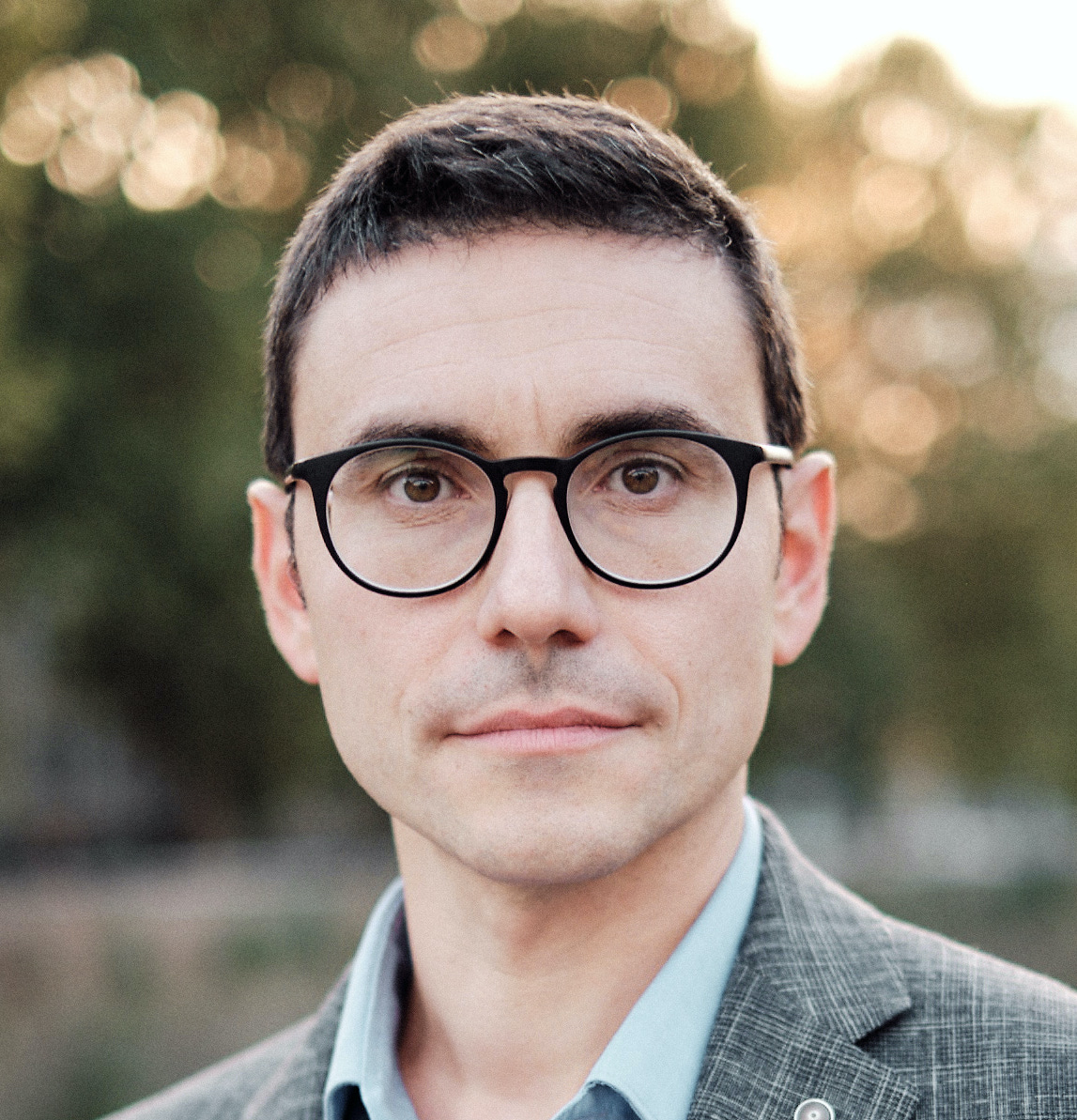
Gianmaria Silvello, University of Padua, Italy
Short Program and Accelerating Innovation Chairs
-

Mónica Marrero, Europeana, The Netherlands -

Carla Teixeira-Lopes, University of Porto, Portugal
Proceedings Chair
-

Stefano Marchesin, University of Padua, Italy
Publicity Chair
-
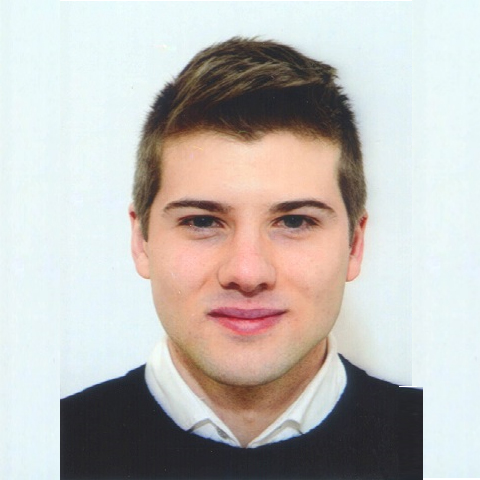
Fabio Giachelle, University of Padua, Italy
Organization Committee
-

Drahomira Cupar, University of Zadar, Croatia -
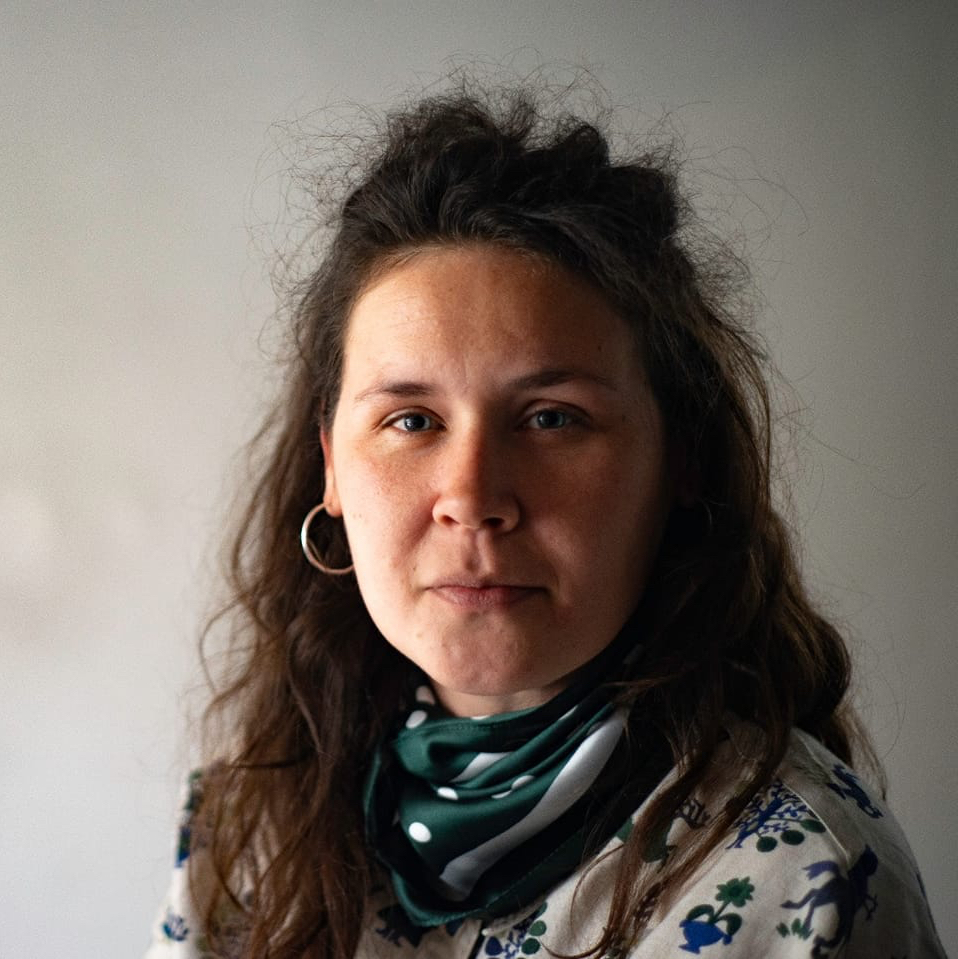
Zrinka Džoić, University of Zadar, Croatia -
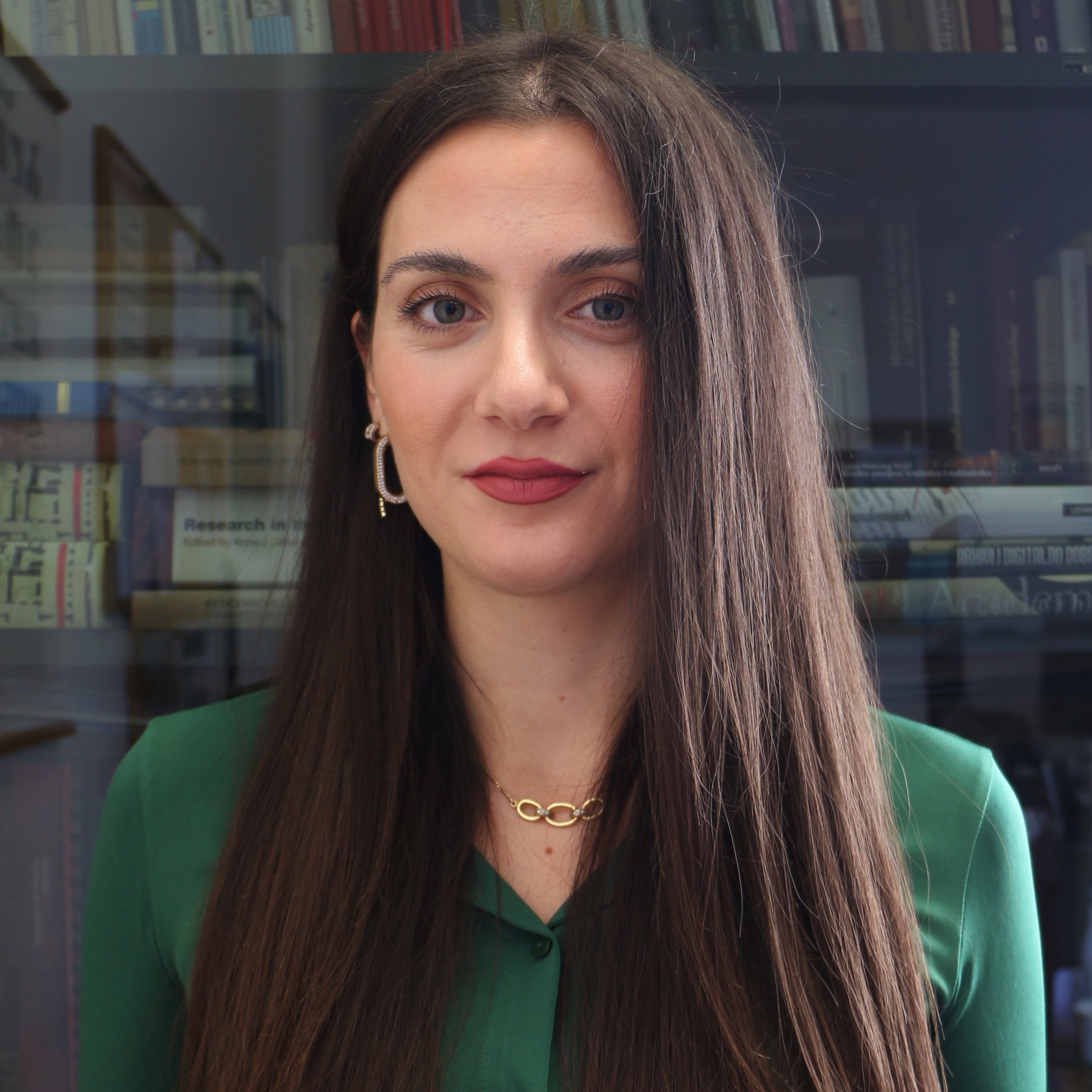
Laura Grzunov, University of Zadar, Croatia -
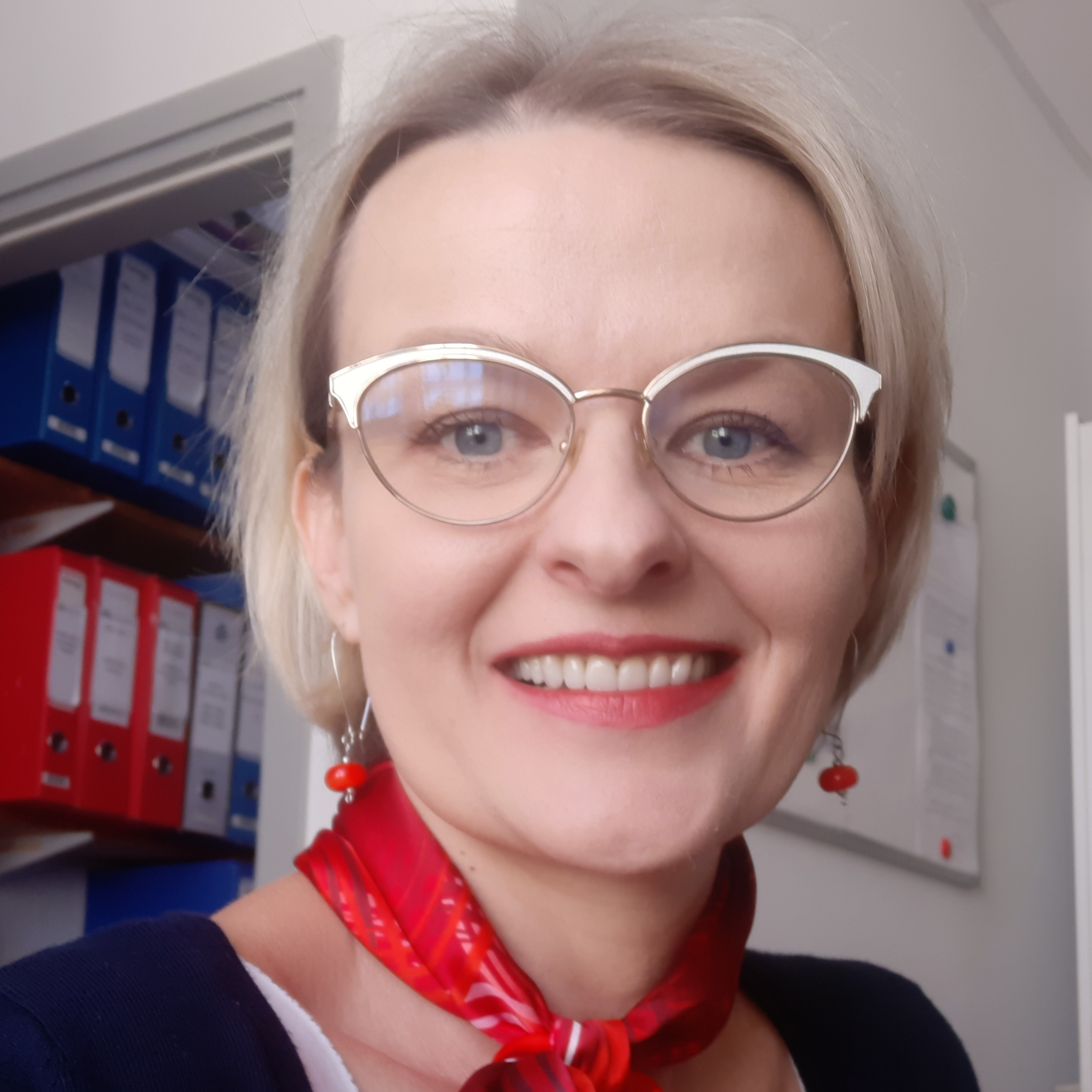
Marijana Tomić, University of Zadar, Croatia
